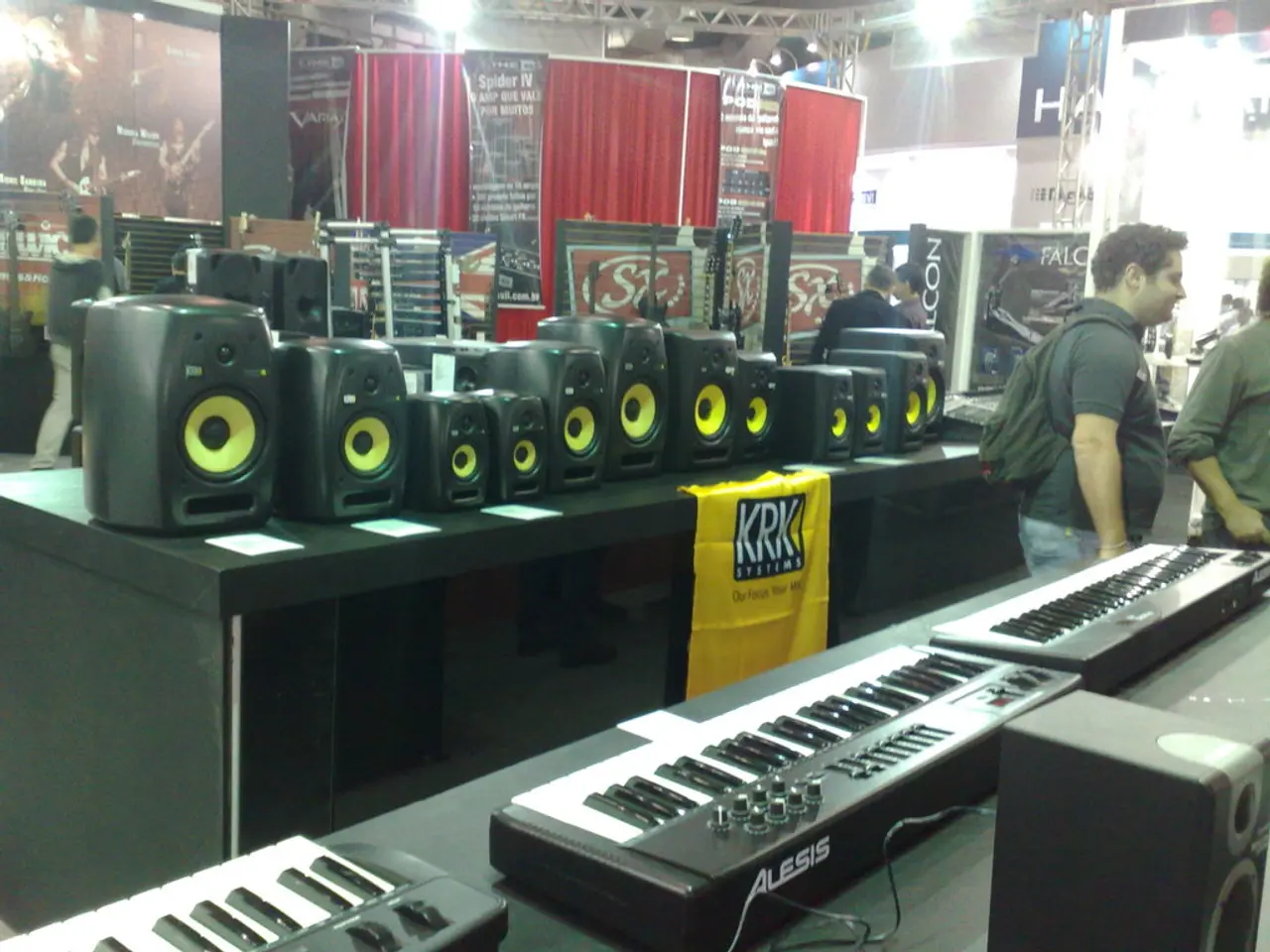Enhanced demand from foreign sources boosts mechanical engineering orders up to May.
The German machinery and plant manufacturing sector, a significant backbone of the German economy, is currently navigating through challenging times due to ongoing trade disputes between the European Union (EU) and the United States (US).
According to VDMA, the industry association for German machinery manufacturers, the order situation for German machinery manufacturers improved from January to May 2023, with a four percent increase in foreign orders and a nine percent surge in overall order inflows in May alone. However, domestic orders remained stagnant during the same period.
The improvement in the order situation was a welcome relief after a weak month in the previous year. Yet, the ongoing trade disputes between the EU and the US could potentially escalate further, as stated by Johannes Gernandt, the chief economist of VDMA.
The trade dispute initiated by the US in April 2023 had a negative impact on the German machinery industry, with the threatened 50% reciprocal tariffs potentially being highly disruptive. Fortunately, tentative agreements have emerged, with the current baseline tariff set at 10%, although this still represents a considerable cost increase that could harm German manufacturers’ profitability and export volumes.
The EU is pushing for lower tariff rates in sectors such as automobiles, steel, and aluminum products, and is preparing countermeasures. The uncertainty generated by the ongoing negotiations also hampers longer-term investment and supply chain decisions within the German industry.
Moreover, the EU’s parallel approach to diversify trade partners by enhancing ties with China and other regions might mitigate some impacts but does not replace the importance of US trade for German machinery exports.
Looking ahead, Johannes Gernandt expects the order situation for the second half of 2023 to be cautiously optimistic. However, he emphasized the importance of the EU quickly reaching an agreement with the US to end ongoing trade disputes, particularly regarding tariffs on automobiles, steel, and aluminum products.
As of early July 2025, the trade dispute between the EU and the US is at a critical juncture with tentative signs of a compromise but many unresolved issues remain. The industry continues to face higher costs and market uncertainty, prompting EU leaders and German stakeholders to vigorously seek tariff relief and exemptions in ongoing negotiations.
[1] European Commission. (2023). EU-US trade: state of play. Retrieved from https://ec.europa.eu/info/business-economy-euro/trade-and-intellectual-property/countries-and-regions/countries-outside-eu/usa_en
[2] VDMA. (2023). Order situation for German machinery manufacturers improves. Retrieved from https://www.vdma.org/en/press-releases/order-situation-for-german-machinery-manufacturers-improves
[3] European Parliament. (2023). EU-US trade relations: the state of play. Retrieved from https://www.europarl.europa.eu/RegData/etudes/BRIE/2023/683355/EPRS_BRI(2023)683355_EN.pdf
[4] US Trade Representative. (2023). Tariffs on steel and aluminum. Retrieved from https://ustr.gov/issues-topics/steel-aluminum
[5] European Commission. (2023). EU-China relations. Retrieved from https://ec.europa.eu/info/business-economy-euro/trade-and-intellectual-property/countries-and-regions/countries-outside-eu/china_en
- Given the ongoing trade disputes between the EU and US, it would be prudent for the German machinery and plant manufacturing sector to explore community policy measures that might include vocational training programs to strengthen the domestic industry, thus reducing dependence on exports and mitigating the impact of increased tariffs.
- In an attempt to maintain profitability and stay competitive in the manufacturing industry, German machinery manufacturers could seek financial assistance to invest in new technologies or restructure their operations in response to the escalating trade tensions, potentially leading to an increase in efficiency and production capacity.




